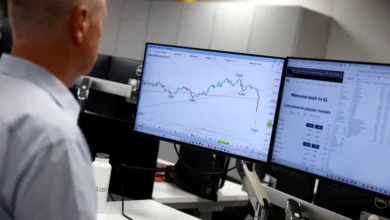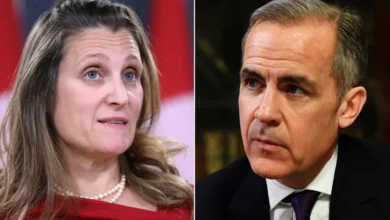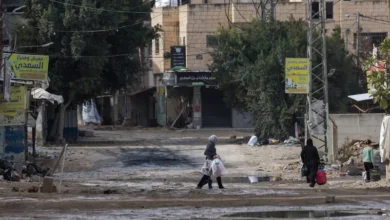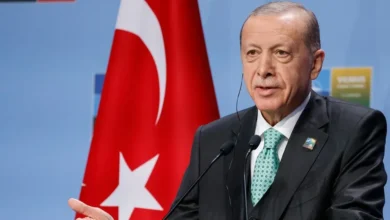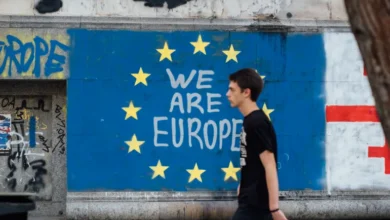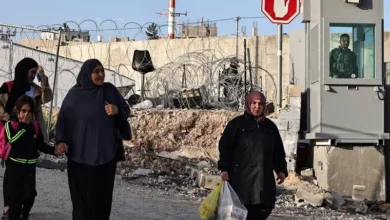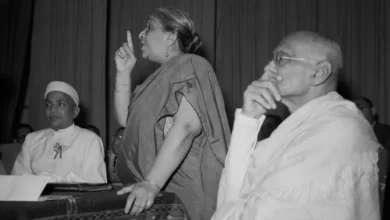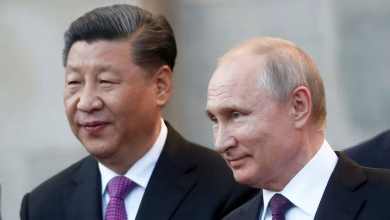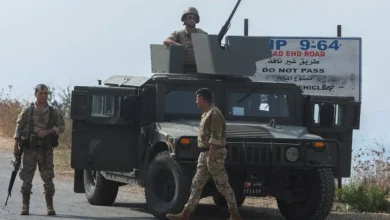Mongolia vows to clean up coal trade after fury over China deals
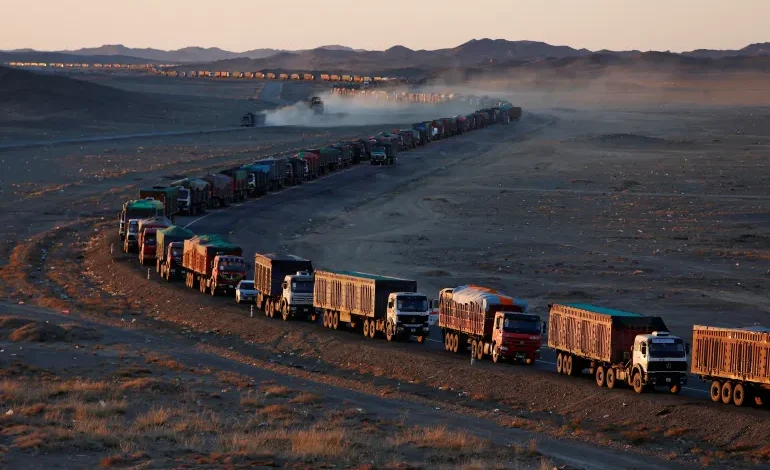
Last month, protestors stormed the Mongolian capital to denounce corruption in the country’s coal trade. Now the government says it has a solution to put a stop to years of shady business deals.
Starting next month, Erdenes-Tavantolgoi JSC — the country’s largest state-owned coal miner — will cease signing direct sales contracts with buyers in neighbouring China, which last year purchased 84 percent of Mongolia’s total exports. Instead, the company’s coal will be auctioned on the Mongolian Stock Exchange.
The move to sell coal contracts through the exchange comes in response to large-scale protests against corruption in Ulaanbaatar in December, triggered by allegations of widespread fraud in the coal industry.
Erdenes-Tavantolgoi JSC was at the centre of the allegations — its chief executive Gankhuyag Battulga and several associates as well as family members have been arrested and await trial, accused of embezzling billions of dollars in coal revenue. Authorities say the auctions will improve transparency and ultimately net higher returns for the state.
The government had planned to start the bidding process later this year but expedited the process following public outcry over corruption.
“Instead of waiting for half a year we will have it traded online starting in February and the Mongolian Stock Exchange is going to handle that,” Batnairamdal, Mongolia’s vice minister for mining and heavy industry, told Al Jazeera. “This will help give us experience in selling coal on an online platform.”
Sandwiched between Russia and China, Mongolia is one of the world’s most sparsely populated countries with 3.3 million people spread across a landscape slightly smaller than Alaska. In 2021, the country had a gross domestic product (GDP) per capita of about $4,500, similar to that of Indonesia. Mining accounts for roughly a quarter of the country’s GDP, according to the Extractive Industries Transparency Initiative. About half of its export revenue comes from coal.
The contracts apply to coal exported through the Gashuunsukhait border post, located about 240km (150 miles) south of the Tavan Tolgoi coal deposit in the Gobi Desert. In addition to Erdenes-Tavantolgoi, affected companies include Energy Resources LLC, whose parent company Mongolian Mining Corp is listed on the Hong Kong Stock Exchange.
Both companies excavate coal at Tavan Tolgoi, one of the world’s largest coking and thermal coal deposits, with 6.4 billion tonnes of reserves. The coal from Tavan Tolgoi is highly prized in China, where it is used in the production of steel.
China is the world’s largest steel producer, accounting for approximately 57 percent of the world’s steel production. But it cannot produce enough coking coal domestically to meet the needs of its steel factories.
In 2022, China imported 170.71 million tonnes of coal, according to data from China’s General Administration of Customs. Mongolia supplied 31.2 million tonnes, about 18 percent of the total.
Mongolia’s coking coal has become especially valued in recent years as China has dialled back its reliance on Australian coal following a sharp deterioration in relations between the countries.
Earlier this month, the stock exchange organised a trial run trade to test the new system — 12,800 tonnes of coking coal was auctioned to a Singapore-based coal transporter. The final call price had increased 12.2 percent above the original asking price, from 1,150 to 1,290 Chinese yuan ($170-$190) per tonne.
“The initial trade shows that coal contracts will help to improve the transparency of the coal trade and increase sales revenue,” Javkhlan Ivanov, the exchange’s chief financial officer, told Al Jazeera. “Coal E-auctions will be conducted without any broker and carry a trading commission of 0.1 percent.”
Backroom deals
The new system comes just a month after a group of coal mining executives and their co-conspirators were arrested for allegedly defrauding Erdenes-Tavantolgoi JSC. Much of the theft was allegedly conducted by carrying out off-the-books coal sales with Chinese buyers at the border.
The government argues that selling coal through the stock exchange will prevent theft and backroom deals. Mongolia ranked 110 out of 180 countries on a corruption perceptions index compiled by Transparency International two years ago.
“In the past, state-owned companies signed purchase and sales agreements with buyers they found and they did it behind closed doors,” Batnairamdal said. “Under the new system, any buyer will be able to open an account and participate in the commodity purchase through licensed brokers on an equal playing field.”
Also on the horizon are plans to widen the coal auctions to other minerals. Potential commodities to be traded include copper, iron ore, gold, fluorspar, molybdenum, and other minerals.
